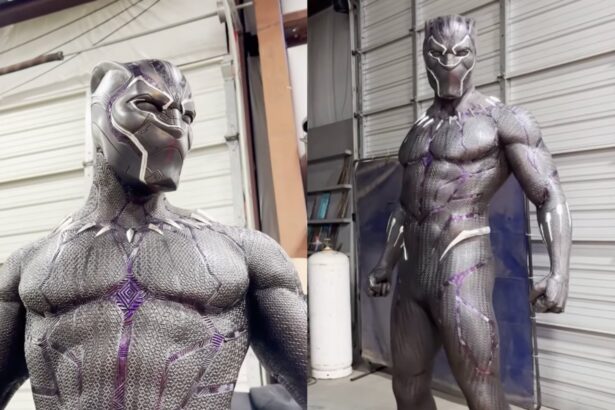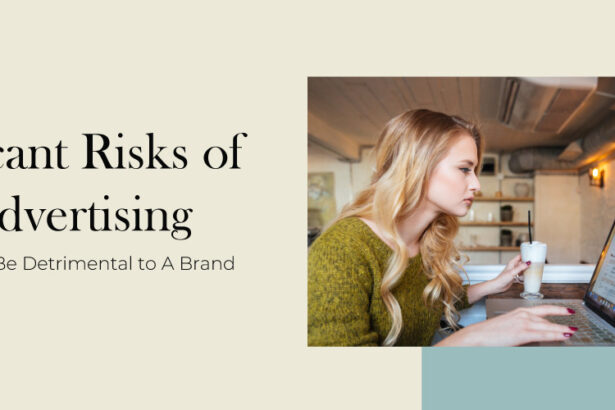I’m so thrilled to speak with you because “Past Lives,” your debut feature, was my favorite movie of 2023. So my first question is, was there anything you learned from that experience that informed your approach to “Materialists?”
Celine Song: Well, honestly, how to make a movie. [laughs] I feel like I did not know how to make a movie making “Past Lives,” and I feel like “Materialists,” I walked into it at least having made one movie. It’s so holistic. And what that of course does is that it allows me to challenge myself more. Because I know more, so I feel like I end up asking more of myself and my team and my crew and my actors too, so I get a little greedy.
So Dakota Johnson’s character Lucy is very blunt in this movie, openly talking about things that people think about a lot, but don’t really verbalize: money, class, status, things like that. So what did it feel like to write for a character who says the things that similar characters might not actually say out loud?
Well, I feel like the relief that I think everybody feels in the audience when they hear the thing, the quiet part said out loud in some ways, about the way that we actually talk about love and dating … because the truth is that it is very close to the way that I think we talk to our friends about it behind closed doors. Maybe you wouldn’t say that in public. Maybe you wouldn’t say that to your date, necessarily, or people who you care [what they think] about you. But the truth is, they will be very open about it, I think, with somebody who is a really intimate friend when it comes to dating.
As a matchmaker, I was in a position where I was getting to hear — because I worked as a matchmaker for six months — I actually ended up in a situation where people were very honest. So I actually heard really the nitty-gritty, the real, the blunt. So I think in that way, that’s what really informed the way that Lucy speaks, because of this amazing relief we feel when we can say the part that we are all thinking.
Did you find yourself looking at people differently after you left that matchmaking job?
Oh, yes. I feel like I learned so much about people in general, and more than anything, where all of these feelings really come from. There’s a repetition in the film of the word “valuable.” I think because of the way the world is so intent on turning us into commodities and objects — there’s a character in this movie who says, “I’m not merchandise, I’m a person.” And I think that in that way, we are so often turned into merchandise of some kind, and we’re asked to be merchandise for Instagram, for the world, everything.
And then the thing is, after all of that, I think we come back and then you have to actually ask the question, “Well, what was all this dating, this playing the game of value, for?” And it’s like, “Well, it’s all in pursuit of love.” And it’s a question of, “How are we going to get through the height, weight, salary conversation, and how are we going to get to the place where you’re falling in love with somebody? How is that going to happen?” So I think that I learned so much about that disparity between the way we talk about the partner that we want to grow old with, and what it’s actually like to grow old with somebody.

















